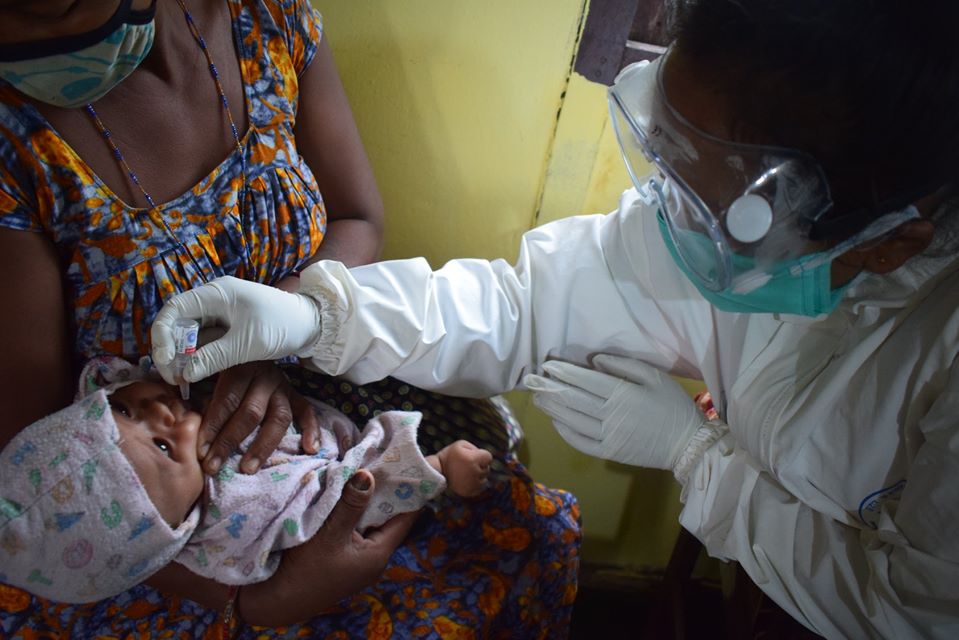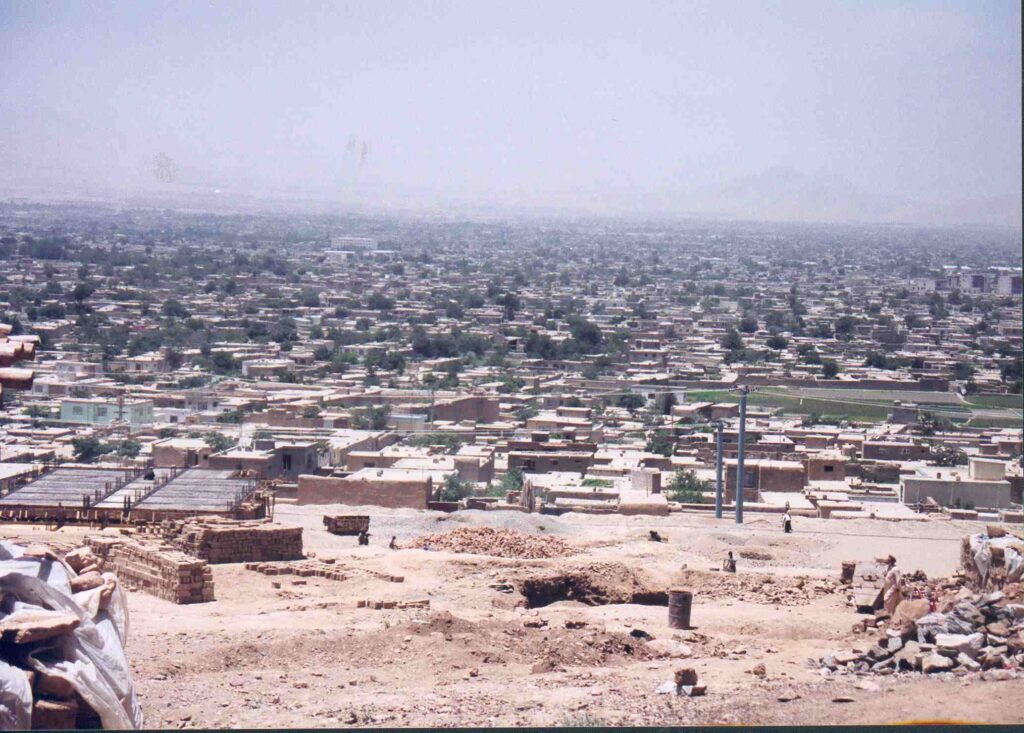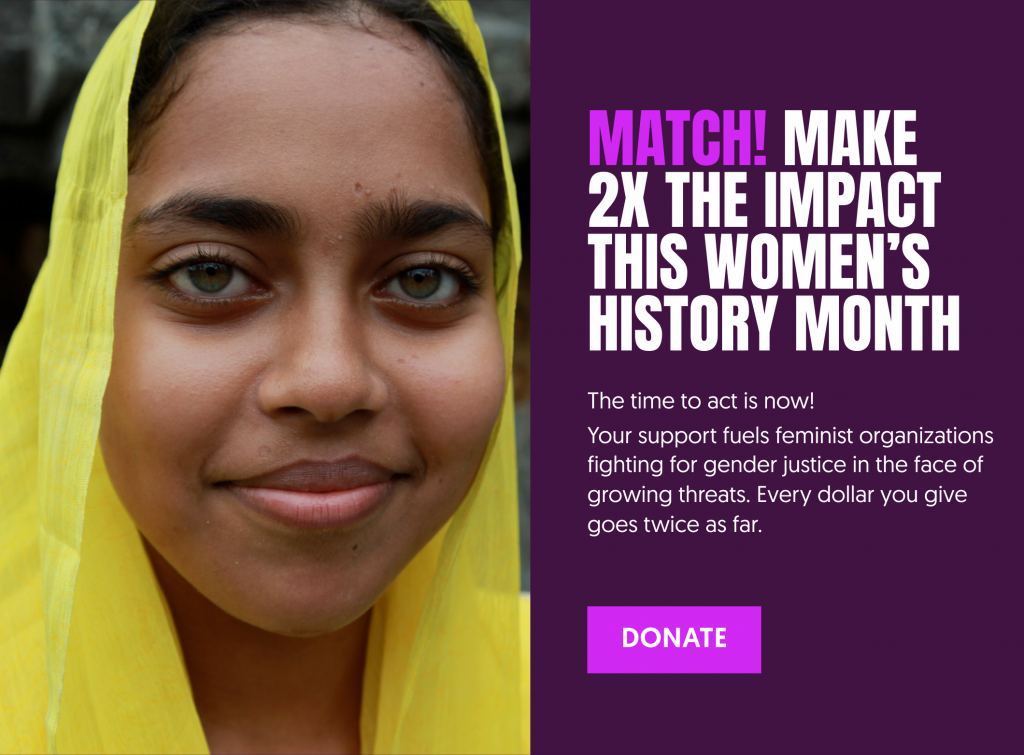"They Should Be Able to Live Fearlessly"
A 19-Year-Old Afghan Girls' Rights Activist on Life Under the Taliban and Why Afghanistan Needs Feminist Funding Now
One year after the fall of Kabul to the Taliban in August 2021, women and girls in Afghanistan are facing draconian policies: they can’t work, go to school, or leave their house without a male guardian. What is happening in Afghanistan is one the biggest regressions of women’s rights in modern history. Afghan women pleaded with the international community to “move from beautiful words and statements to practice,” yet many funders are pulling out of the region, citing logistical and other challenges related to the ongoing Taliban rule.
We spoke to an Afghan activist for girls’ rights to understand what life is like under the Taliban, how to support feminist activists there, and what’s at stake for women and girls in the region. She is a member of Global Fund for Women’s Adolescent Girls Advisory Council, which drives key strategic decisions across the organization, including how to distribute funds through our Adolescent Girls' Rights program. For her safety and the safety of her family, we are keeping her name anonymous.
Her story underscores that feminist funding under repressive regimes is both difficult and critical. Global Fund for Women has supported grassroots groups and communities affected by crises in Afghanistan and other countries for over two decades and we will continue to support partners working for gender justice in Afghanistan and the greater region today, tomorrow, and in the months and years to come. Click here to support our work.
Even as a child I knew: I am an activist and I would especially speak up for girls.
What was your experience like in Afghanistan once the Taliban took over?
It was a nightmare. I was so scared. I couldn’t go outside of the house. I didn’t feel safe even inside the house. What if they come into my home and kill me? It’s unexplainable.
Before the Taliban took over Afghanistan, we had a sense of freedom. I could be anyone I wanted to be: an actor, anchor, a doctor, a pilot. Women and girls used to pursue their education, go shopping alone, wear what they wanted. And each woman worked to pave the path for the coming generation to live in peace with confidence. But suddenly everything changed: the right to education, to work, to go outside without a male guardian, to wear whatever you want, it was all gone.
As an activist, it’s my responsibility to work and do something for my people. You want to go out and say out loud that it’s not fair. But then you are scared: what if they kill you and all the others around you? And the worst part is that no one will look for you and no one will hear you out. I felt so helpless, I couldn’t even raise my voice.
Did you feel safe?
I did not feel safe for a single moment. I was worried about them finding us: each and every Afghan woman activist and my family. I deleted all work from my phone. Websites and social media had to be shut down so that no one could find and see me. I put all my documents in a bag and locked them up.
There were no embassies to get a visa to leave the country and all land borders were surrounded and controlled by the Taliban.
It was a devastating phase. There are many girls still facing this every day, still going through this trauma.
My message to the world would be: please help Afghan girls, women, activists, help them to live their lives the way they want. They should be able to live fearlessly.
Did you think the Taliban was going to take over power?
I never thought that the Taliban could take over again. The day the Taliban took over I was watching them rip down an Afghanistan flag outside our home. Hidden underneath the window, I was thinking: Why do they want to do this? If they are doing this to a flag that has done no harm to them, what will they do to people? It’s not fair.
I saw myself failing. My whole life, my whole education, everything is going to be a waste now. Women and girls can’t do anything under the Taliban. We can’t study, we can’t work. If we want to do anything, we will be tortured and killed. And if we don’t do anything, we will be locked in our home forever.
I got out of Afghanistan, but there are so many girls like me who want to do something, who have dreams, but they can’t pursue them. There are so many girls locked in their home and scared for their lives.
If you have a message for those in the international community, what would it be?
I would say: never trust the words of the Taliban. My message to the world would be: please don’t recognize the Taliban as a government. Pressure them to provide girls and women their rights. When the Taliban wants the international community to help them, they put girls’ education up for trade. Education is not for trade, it’s our basic human right.
And now starvation in Afghanistan is rising. Every day kids are dying from hunger and there aren’t any jobs for young people.
Help all Afghans—girls, women, activists—live their lives the way they want. They should have basic human rights and be able to dream.
They should be able to live fearlessly.
What inspires you?
My mother and sisters inspire me. Every Afghan woman who worked hard for us, for me to follow my dreams and be able to go to school, inspires me everyday.
Each evacuee I met in Albania inspired me to work harder for people who need help and need a voice.
Tell me about your experience as an activist for girls.
It was amazing. That is the only thing that brings happiness to my face, working with all these lovely girls and activists with the Adolescent Girls Advisory Council. I am so blessed to do this work. When you follow your passion, you thrive in it.
Even as a child I knew: I am an activist and I would especially speak up for girls.
Growing up and seeing some girls getting married at a very young age, that always used to make me so angry. Or girls who were not allowed to study, whose families would say: why study, you will get married anyway? That used to make me so angry. No. She is a girl. She should study. She will be capable of more than you can expect, and she will be greater than you could dream.


